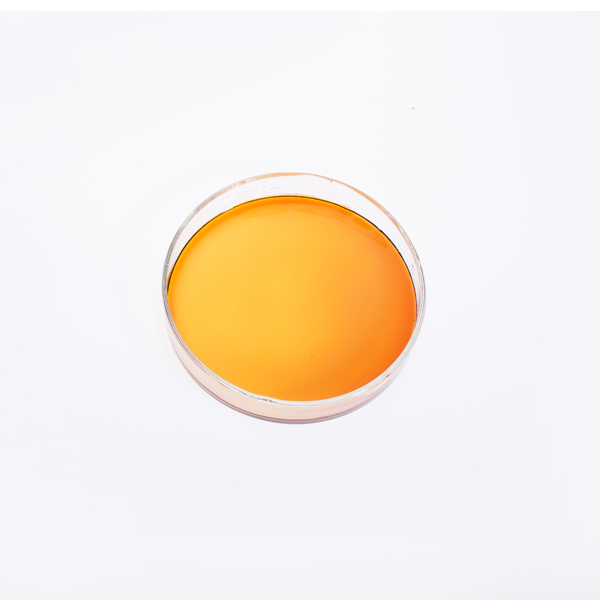
News
nov . 06, 2024 08:34 Back to list
Exploring the Benefits of Seaweed Extract as a Natural Fertilizer Alternative for Gardens
The Benefits of Seaweed Extract Fertilizer
In recent years, organic farming and sustainability have gained significant momentum, leading to a reevaluation of the fertilizers utilized in agriculture. Among the various options available, seaweed extract fertilizer has emerged as a favorite among farmers and gardeners alike. Derived from various types of seaweed, this natural fertilizer is replete with essential nutrients and bioactive compounds that contribute to healthier plants and more robust ecosystems.
Nutrient-Rich Composition
One of the primary reasons for the popularity of seaweed extract fertilizer is its nutrient-rich composition. It contains an array of essential macro and micronutrients, including nitrogen, phosphorus, potassium, as well as trace elements such as magnesium, calcium, and iron. These nutrients play a crucial role in plant growth, aiding in everything from photosynthesis to root development. Unlike chemical fertilizers, which can lead to nutrient imbalances, seaweed extract provides a balanced input of nutrients that plants can use efficiently.
Growth Promoting Hormones
Seaweed extracts are also known for containing natural plant growth hormones, such as auxins, cytokinins, and gibberellins. These hormones stimulate cell division, promote root and shoot growth, and increase flowering and fruiting. By using seaweed extract, gardeners can enhance the overall vigor of their plants, leading to more bountiful yields. The presence of these hormones is particularly beneficial when plants are under stress due to environmental factors like drought, heat, or pest infestations.
Enhancing Soil Health
seaweed extract fertilizer

In addition to benefiting plant health directly, seaweed extract fertilizers also contribute to soil health. When applied to the soil, the organic matter in seaweed helps to improve soil structure, enhance moisture retention, and foster a thriving community of beneficial microorganisms. This microbial activity is crucial for nutrient cycling, improving soil fertility, and preventing diseases. The use of seaweed extract can thus lead to a more resilient ecosystem, better prepared to withstand the challenges posed by pests and adverse weather conditions.
Environmental Sustainability
The use of seaweed extract fertilizer aligns well with the principles of sustainable agriculture. Seaweed harvesting, when done responsibly, has very minimal environmental impact compared to synthetic fertilizers that often contribute to soil degradation and water pollution. Additionally, seaweed absorbs carbon dioxide from the atmosphere as it grows, serving as a carbon sink and helping to mitigate climate change. By integrating seaweed extract into agricultural practices, farmers can work towards more sustainable methods that protect both their crops and the environment.
Easy Application and Versatility
Seaweed extract fertilizers are user-friendly and versatile, making them an attractive option for both large-scale farmers and home gardeners. They can be applied in various forms, including liquid concentrates, granules, or powders. Whether used as a foliar spray or soil drench, seaweed extract is effective in promoting plant growth and health at different stages of development. Furthermore, it can be combined with other organic fertilizers, enhancing their efficacy and making it suitable for a wide range of plants, from vegetables to ornamental flowers.
Conclusion
In conclusion, seaweed extract fertilizer represents a powerful tool in the arsenal of sustainable agriculture. Its impressive array of nutrients, growth-promoting hormones, and positive effects on soil health contribute to more vigorous plants and more resilient ecosystems. As the agricultural community continues to seek alternatives to chemical-based inputs, seaweed extract stands out as a natural solution that not only enhances plant growth but also supports environmental sustainability. By adopting seaweed extract fertilizers, we can look forward to healthier plants and ecosystems, making it a valuable addition to modern agricultural practices.
-
Polyaspartic Acid Salts in Agricultural Fertilizers: A Sustainable Solution
NewsJul.21,2025
-
OEM Chelating Agent Preservative Supplier & Manufacturer High-Quality Customized Solutions
NewsJul.08,2025
-
OEM Potassium Chelating Agent Manufacturer - Custom Potassium Oxalate & Citrate Solutions
NewsJul.08,2025
-
OEM Pentasodium DTPA Chelating Agent Supplier & Manufacturer High Purity & Cost-Effective Solutions
NewsJul.08,2025
-
High-Efficiency Chelated Trace Elements Fertilizer Bulk Supplier & Manufacturer Quotes
NewsJul.07,2025
-
High Quality K Formation for a Chelating Agent – Reliable Manufacturer & Supplier
NewsJul.07,2025
